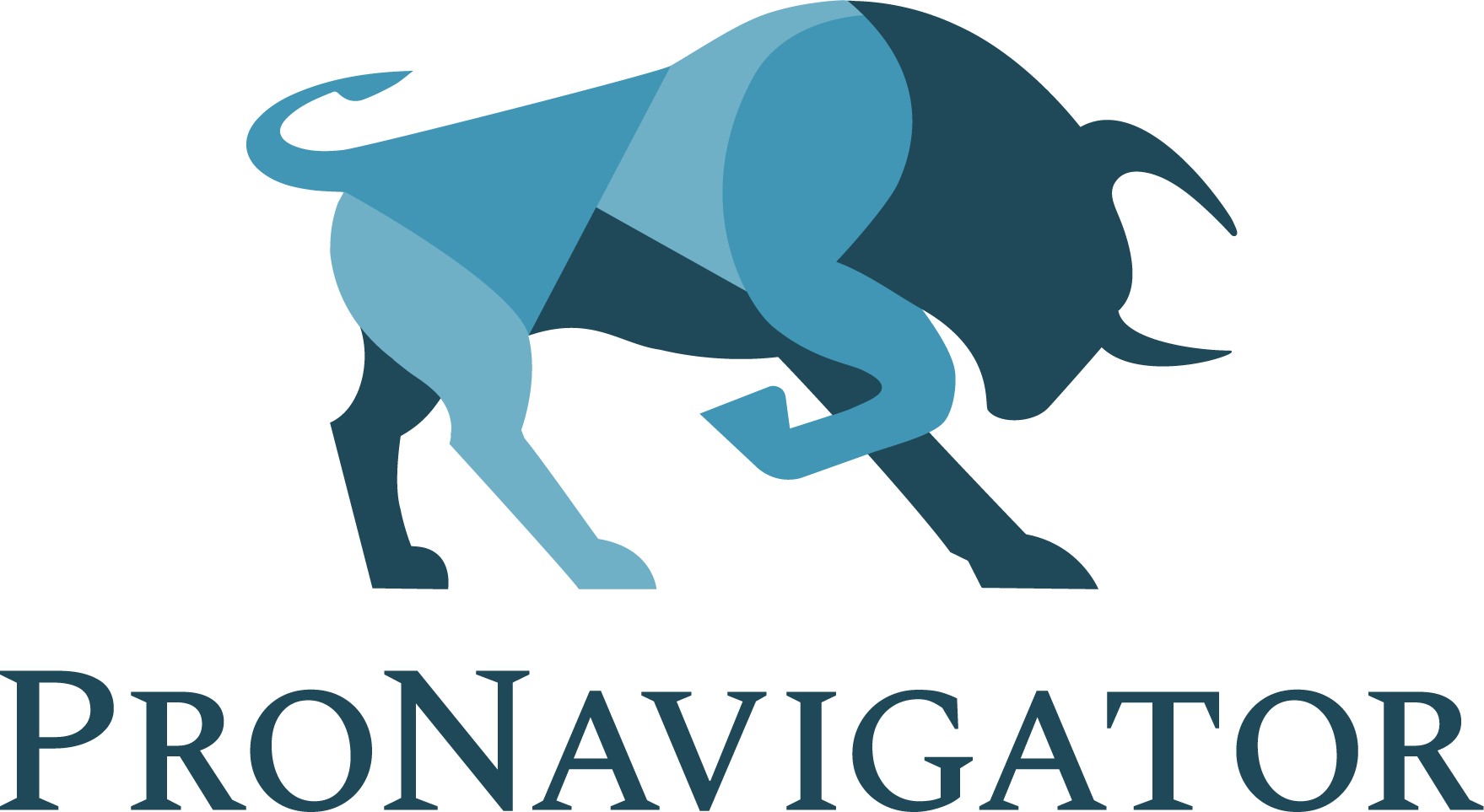Help! I’m Drowning in Duplicated Docs: Which Version Is the Correct One?
 I have a 10-year-old son who likes to take pictures when he gets access to a phone. It’s cute to watch him taking pictures.
I have a 10-year-old son who likes to take pictures when he gets access to a phone. It’s cute to watch him taking pictures.
It’s not so cute when he holds the shutter button down and I find 50 little thumb images.
Ok, well IT IS cute, but is not so fun to clean up. Multiply that by 50 other times he decides to play photographer, and duplication becomes real work to maintain an organized photo album. And this is the topic for this week’s article – the challenge of information retrieval when there are duplicates and drafts everywhere.
Drowning in Docs
Economic models have shown that in most cases where the price of something gets reduced, you will get more of that something. In this digital age, the cost to create a photo, email, document or almost anything else is essentially free. Because of that, we are flooded by all of these things.
Some might say that because storage is so inexpensive there really isn't much of a cost to the creation and storage of these duplications. This might be true (though I may object to the latter assumption) but the true risk comes from the challenges of finding the right information within time constraints.
Beyond wasted storage space, hidden costs and risks lurk within the shadows of duplicate documents. Imagine these scenarios:
- Sales reps wasting hours searching for the latest product brochure, leading to missed client meetings and lost opportunities.
- HR departments struggling to locate updated employee policies, potentially leading to non-compliance issues and legal ramifications.
- Marketing teams confused by contradictory brand guidelines, leading to inconsistent messaging and diluted brand impact.
- Call center teams taking too long to find the necessary documentation to answer a policyholder’s question
These are just a few examples of how unchecked duplication can snowball into significant business problems.
The Cost
There is a real cost to all of this documentation duplication. Employees constantly battling information overload experience:
- ⬆️ Stress and frustration from wasted time and effort.
- ⬇️ Morale and engagement due to feeling inefficient and unproductive.
- ⬇️ Trust in information due to confusion caused by conflicting versions.
- ⬇️ Collaboration as individuals struggle to find and share the right information.
- ⬆️ Risk of Errors & Omissions if an out-of-date document is accidentally referenced.
These costs impact employee satisfaction and overall organizational well-being.
Charting a Course to Clearer Waters: Solutions for Efficient Knowledge Management
Now, let’s move beyond the problem and explore practical solutions to navigate the digital data deluge:
1️⃣ Embrace Collaboration Tools: Utilize platforms like centralized document repositories, cloud storage solutions, and project management software. These tools provide version control, access control, and search functionalities, ensuring everyone works with the most up-to-date information.
2️⃣ Foster a Culture of Organization: Encourage clear naming conventions, folder structures, and consistent tagging practices. Implement company-wide policies for document creation, editing, and archiving. Regularly audit existing documents and delete outdated versions.
3️⃣ Leverage Technology: Investigate document management systems, designed to streamline organization and retrieval. These systems provide flexible tagging, de-duplication, advanced search capabilities, metadata management, and workflow automation, making information readily accessible and usable.
4️⃣ Empower Your Workforce: Train employees on the chosen tools and information management best practices. Encourage open communication and knowledge sharing to prevent duplicate creation and foster a collaborative approach to knowledge management.
5️⃣ Lead by Example: As leaders, actively use and promote the established practices. Your commitment sets the tone and encourages others to embrace the new systems and behaviors.
By implementing these solutions and fostering a culture of information stewardship, organizations can transition from drowning in a sea of data to thriving in a well-organized, efficient information ecosystem.
💪 Knowledge is your superpower, but only if it’s readily accessible and the information can be trusted.

Joseph D’Souza is a passionate business builder with more than a decade of experience in founding and growing companies. As the founder and CEO of ProNavigator, he's using AI to help insurance professionals win in an on-demand world.





